The psalms tell us: “The earth is the Lord’s and all that is in it, the world and those who live in it”.
The Church continues to proclaim that the earth, sky, rivers and seas do not belong to any one person, but are ultimately part of God’s wonderful creation. It is a belief shared by many, given that we all sleep under the same sky of stars.
Our own place in terms of the size and age of the universe should help us have perspective when it comes to our place in relation to the ownership and control of land, and how the resources of loch, field, forest, moor and other land that Scotland is blessed with can be used to promote equity and justice for all the people who live and share our common home.
In Scotland, we’re mindful of the long struggle for a more equitable sharing of land; a partnership between residents, community organisations and businesses, and those who have responsibility as stewards of the land through their ownership or involvement in control. Through such collaboration, we can see Scotland’s land and people flourish.
At this time, it is important for us in the Church to highlight the opportunities and vision for what our land could and should be used for, as the Scottish Government has promised to introduce a new Land Reform Bill before the end of the year.
Seeing both sides of divisive debate
The Church of Scotland is in a unique position of recognising the need for land reform in Scotland while, at the same time, being a landowner. We acknowledge the need to tackle unequal landownership and promote social justice and environmental protection. Equally, we accept that our stewardship of the land and care for the people who depend on it for homes and livelihoods will inevitably be affected by changes to civil law.
This perspective enables us to see both sides of the sometimes divisive land reform debate. It is this experience which gives the Church a credible voice in contributing to the upcoming bill, and the wider debate that will take place over the coming months.
Proposals for large-scale and concentrated landownership to demonstrate how they work in the public interest is an exciting idea, and one which reflects the principles to see land as a way to promote the common good.
In many places in Scotland, community landownership is an established model of empowerment and inclusion, from islands such as Gigha, Eigg and Ulva to urban assets such as the former Portobello Old Parish Church in Edinburgh, sold by the Church of Scotland to Action Porty – the first urban community right to buy in the city of Edinburgh. Surely there must be ways that further legislation can encourage and enable more community landownership in all parts of Scotland?
New legislation must consider community-focused work of charities
As a landowner, we expect to be impacted by changes to how the Scottish Government regulates and oversees landownership and control, and we hold in high regard our responsibilities here – rightly so.
We approach the prospect of a new Land Reform Bill with anticipation for what might be achieved, but also with trepidation about what changes might mean for organisations like ours. We hope that any new administrative or regulatory requirements make allowances for the particular circumstances of charities which are already working hard to deliver public benefit – and, where necessary, that those requirements are as simple and straightforward as possible for organisations which are largely led by volunteers.
New legislation might unintentionally incur further, unrealistic administrative demands
Our hope is that this bill and wider debate will acknowledge the particular circumstances for community and charitable groups as landowners, for whom new legislation might unintentionally incur further, unrealistic administrative demands.
Although the Church is a relatively large landowner, our land is spread all over Scotland, from tiny parcels to larger areas of moorland, from Unst in Shetland to Stranraer in Dumfries and Galloway. Any new legislation which is designed to improve transparency of large landowners must consider the pattern of landownership of charities like ours, which work for the betterment of the whole community.
Land is not a commodity nor a product
I’m urging MSPs to seize the opportunity to promote the public interest in landownership and use legislation to tackle disparities of wealth and power, without creating additional burdens for charities and community landowners. Their scarce resources are used to deliver benefits in the public interest, such as our own pastoral care, community cohesion and anti-poverty work.
To return to Psalm 24: who “owns” the land is a relevant question, but it all truly belongs to God – it is the common home for all humankind, and it is not a commodity nor a product.
What is more important is how we all work towards ensuring that ownership and use of land is just, equitable and contributes to everyone’s social, economic and environmental sustainability.
Emma Jackson is convener of the Church of Scotland’s public life and social justice group


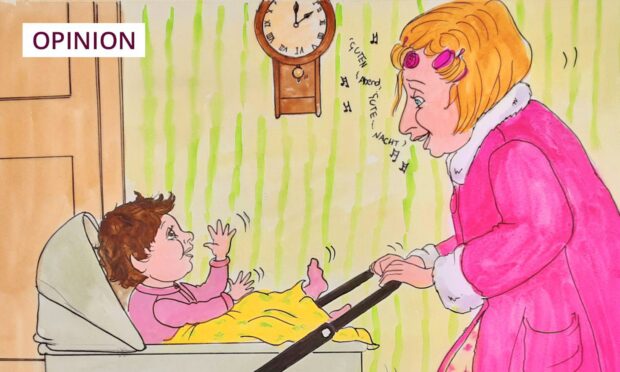
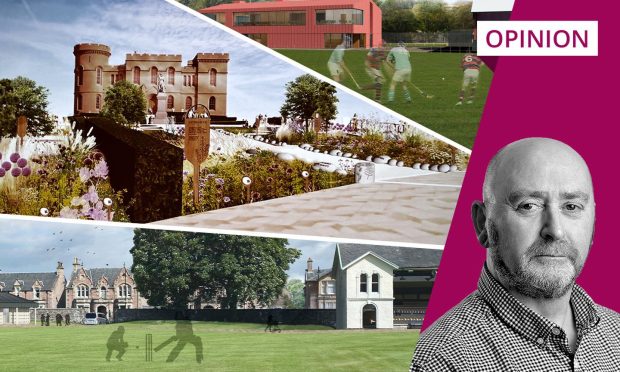
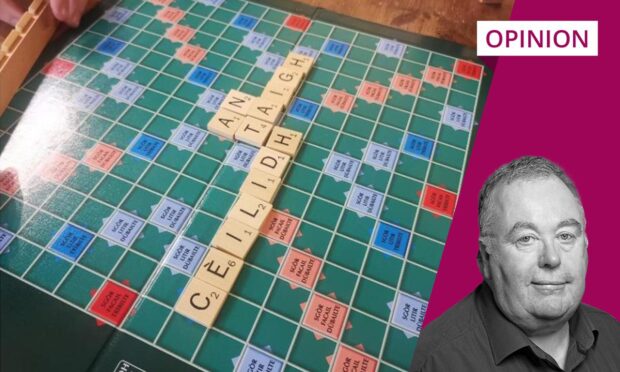


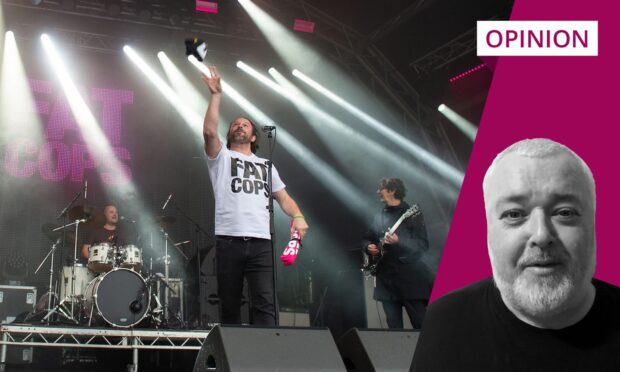
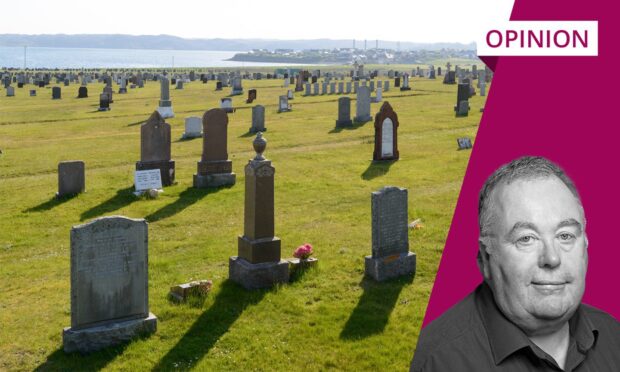
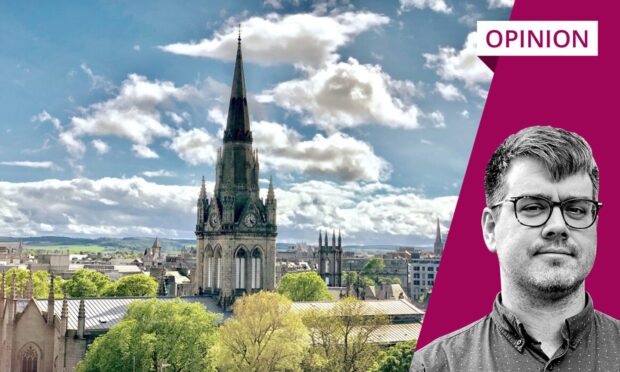
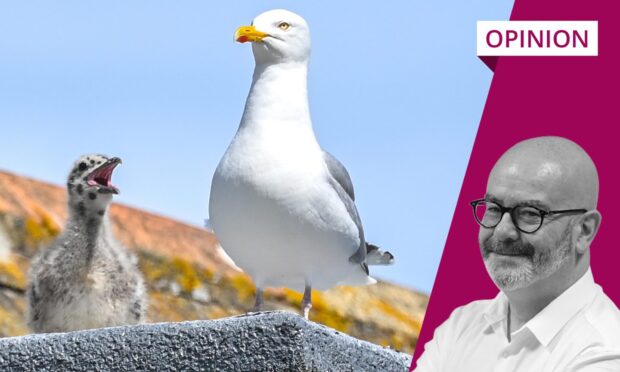
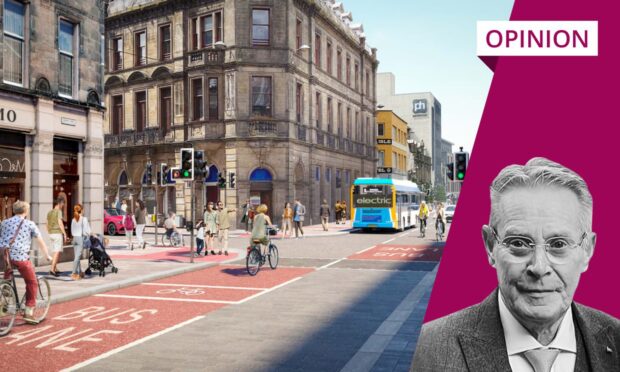
Conversation